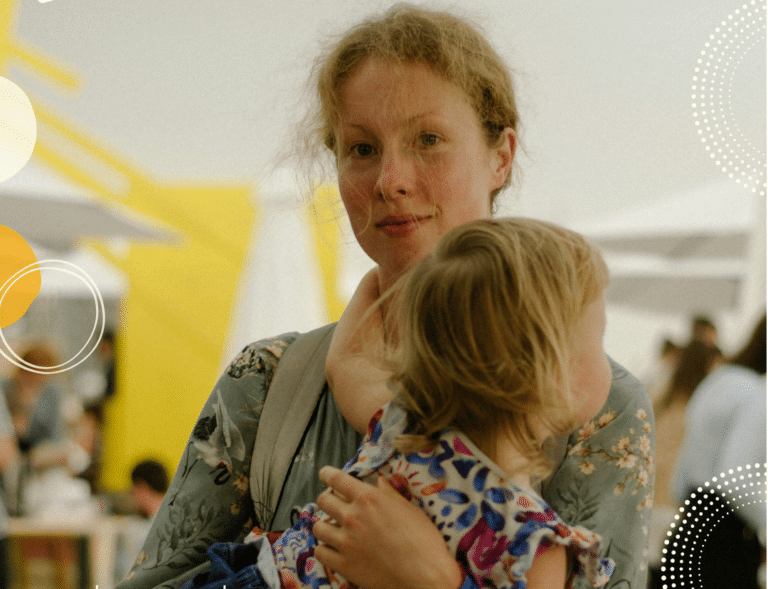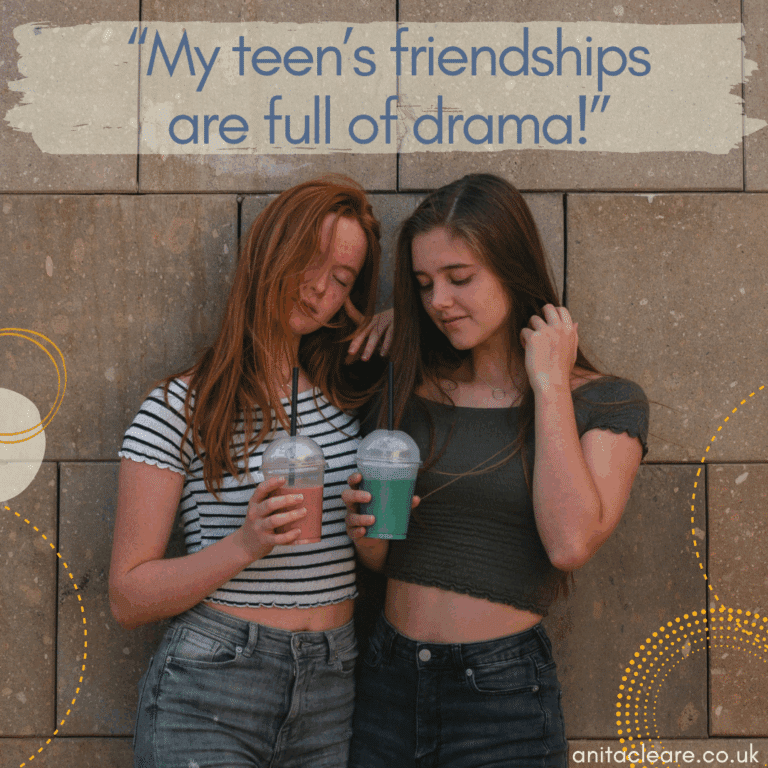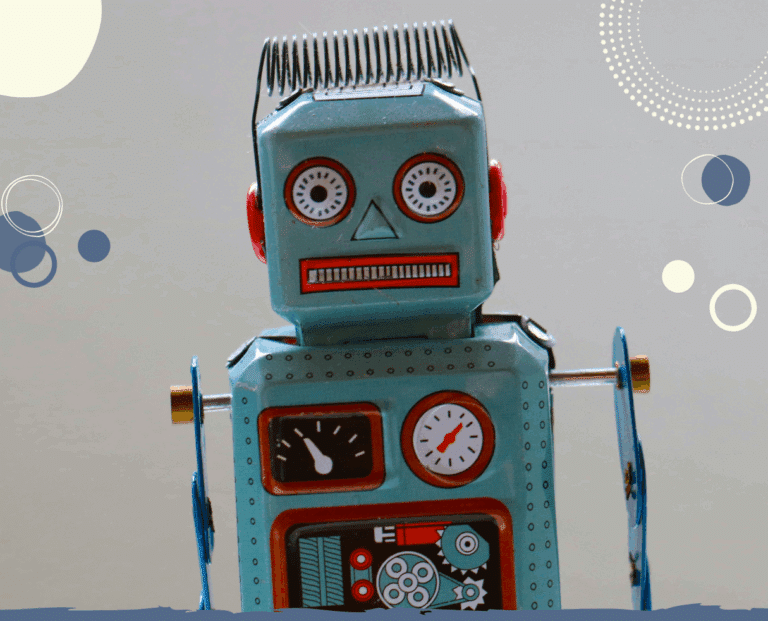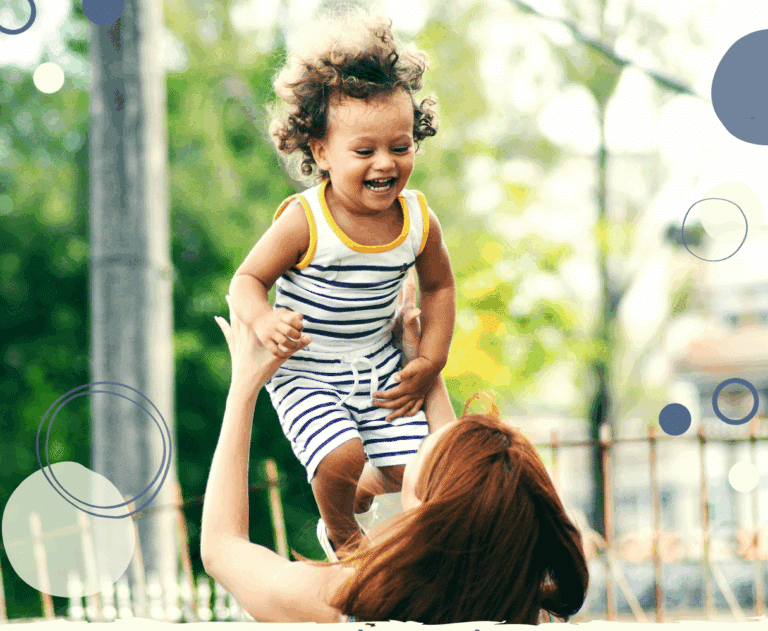The importance of making memories
I have been thinking a lot about the importance of making memories. What with the end of the decade and the departure of my eldest son for university, I’ve been somewhat preoccupied with holding onto memories of my kids as little ones. And also, if I’m honest, a little fearful about how many more opportunities there will be (or won’t be) to make new family memories.
I’m not a huge fan of New Year Resolutions as I’m not convinced they lead to real change. But I do like to set my kids a bit of a challenge to mark the New Year. You might remember, a couple of years ago I asked them to write my New Year Resolutions for me with interesting results! This year, I asked them to come up with their five favourite family moments from last year.
As usual, what I thought was a bright and clever idea taught me a salutary lesson in teenage priorities. “Five?!” they said. And scratched their heads. I could see them wracking their memory banks for a single important event last year at which I was present. They could remember lots of great times, but none of them included family! In the end, the eldest came up with four rather vague memories (one of which actually happened the previous year and the other was being dropped off at university – a double-edged sword of a family memory for sure!). The youngest cribbed two memories from his brother, made one up that I know he hated and concluded “We need to do more 🙁 .”
Aaagh! As if I hadn’t been desperately trying to get him to join in with family life for the whole year!
It’s one thing to understand, intellectually, that you are no longer the focus of you teens’ attention. And completely another thing to be absent from their memory banks entirely. And all of this after I had been waxing lyrical in The Sunday Times Magazine about the importance of using Christmas traditions to lay down family memories!
Why do memories matter? According to Meik Wiking (author of The Art of Making Memories), happy memories are essential to our mental health. They strengthen our sense of identity and purpose and bond our relationships. Happy memories are an important ingredient in present happiness. When we are young, everything is new. We are doing so many things for the first time that we form very strong memories. But as we get older, we have to work harder to turn events into memories and to benefit from their happiness-inducing qualities.
For my teenagers, the novel and exciting things in their lives right now are all connected with friends/work/uni. In other words, life outside the family. (Interestingly, they both named my birthday as one of their memorable moments due to an unplanned first-time-ever trip on the London Eye). But their wholesale erasing of me from their brains has certainly made me want to work a little harder at making memories with them. Hence my new book How to Get Your Teenager Out of Their Bedroom!
You can help a memory to ‘stick’ by, firstly, a conscious decision at that moment to take it all in through your senses in as much detail as possible. And, secondly, by revisiting that memory to mark it as important (not-to-be-deleted) in your brain.
Revisiting memories as a family helps build a sense of family identity. When my kids were little, we used to do this by creating a family Yearbook each year filled with important photos or ticket stubs or momentos. I’ve now resurrected this (to combat teenage forgetfulness) as a digital photo frame with a slide show of favourite moments. Not the photos in which everyone looks good but the ones which provoke happy thoughts about what was happening in that moment.
I am hoping that, as a result, come next year my teens will find it a bit easier to remember more than one time in the whole year in which their mother was present. But maybe that’s just another case of maternal optimism over experience!
READ NEXT: How to connect with a teen who wants nothing to do with you.
This post contains affiliate links. That means if you click through and make a purchase, the Positive Parenting Project will receive a small fee (there is no charge to you). This enables us to keep sharing free content.








A beautiful reminder that memories shape who we are. Taking time to create and cherish them deepens joy, connection, and belonging.